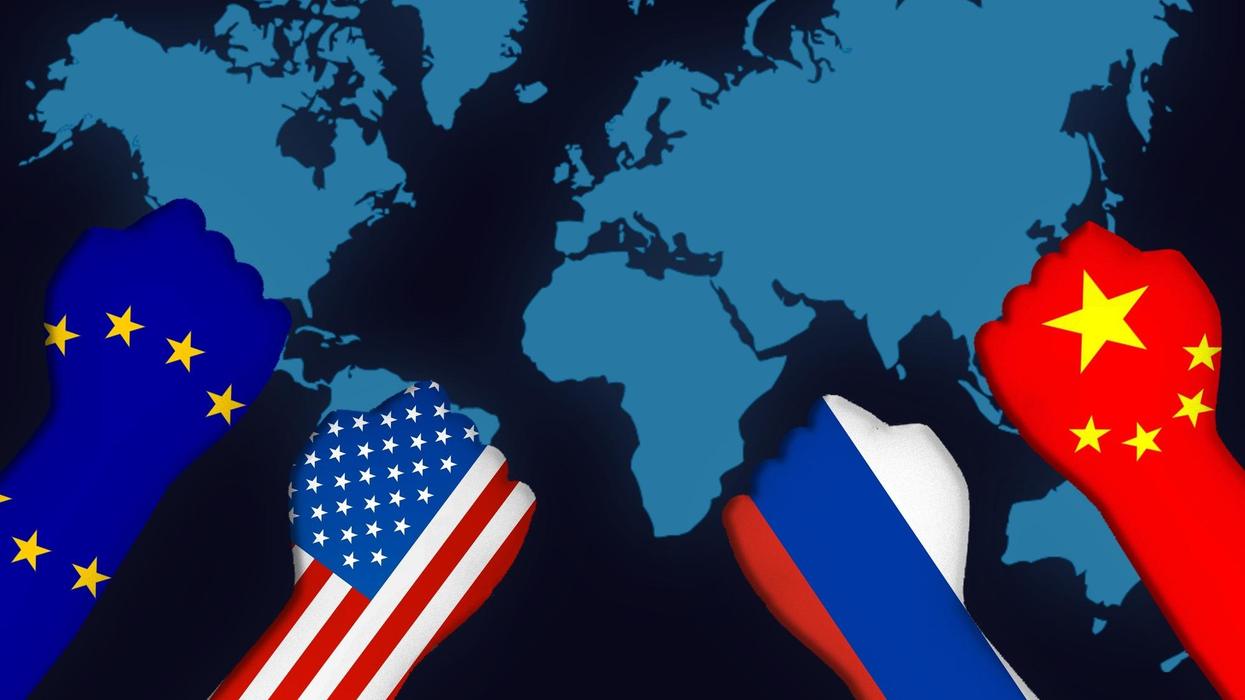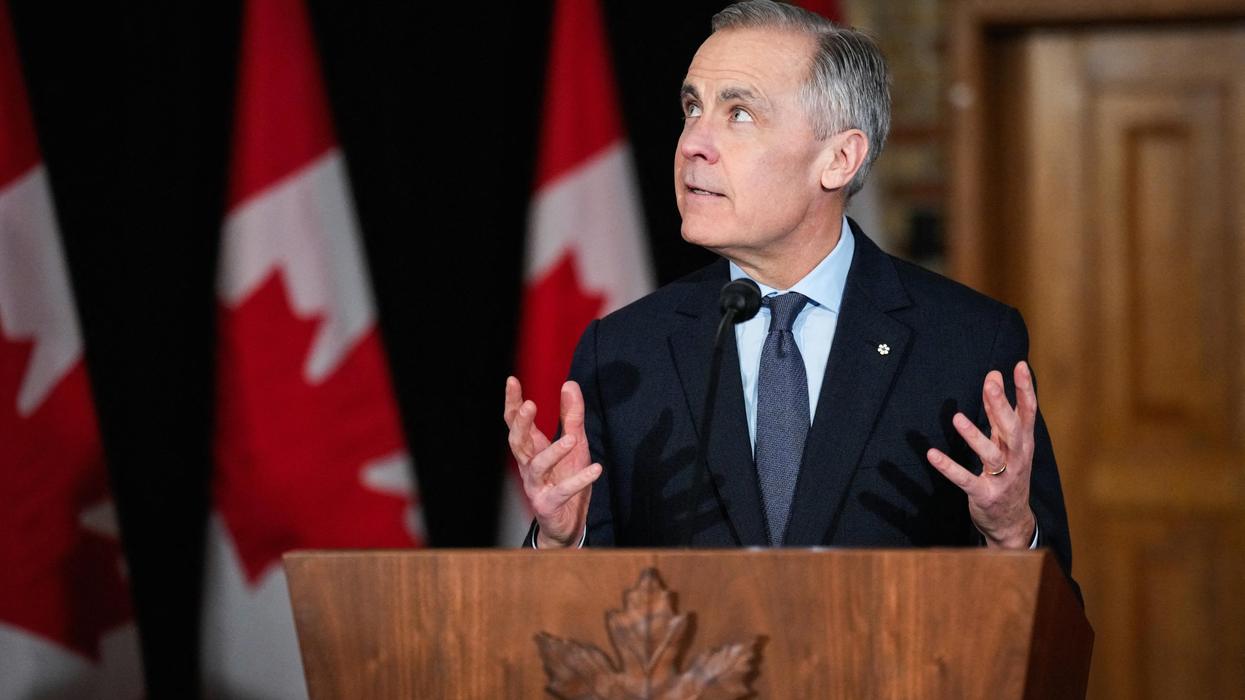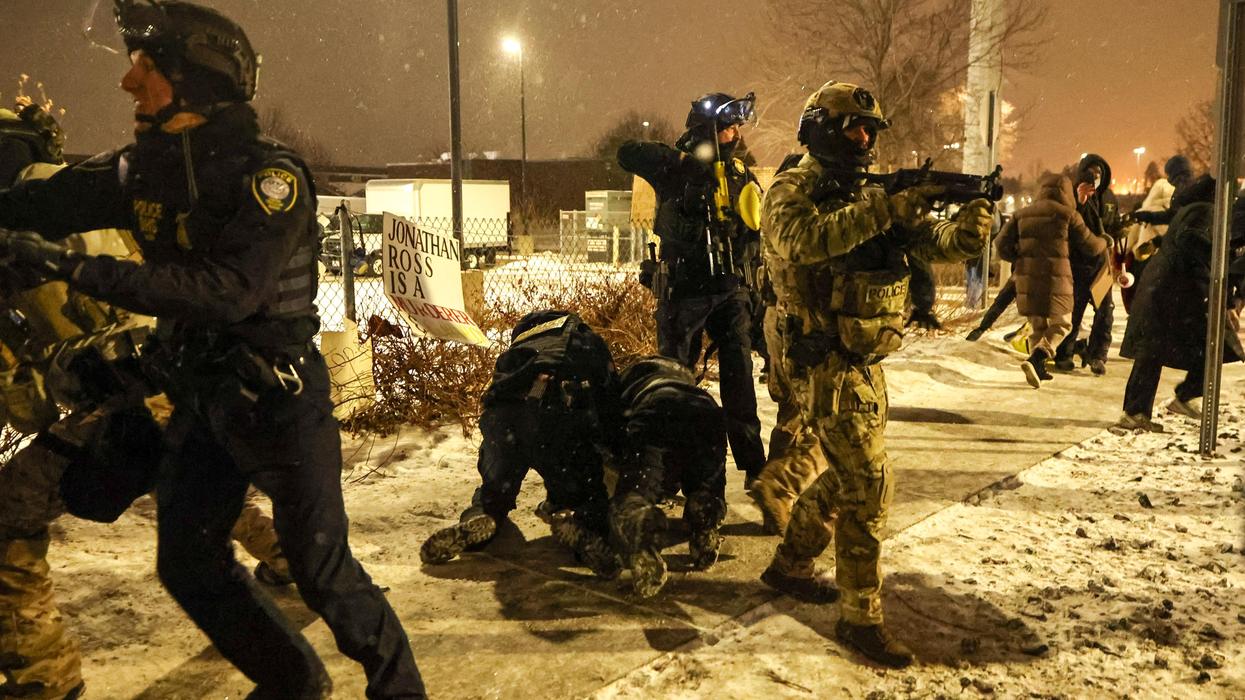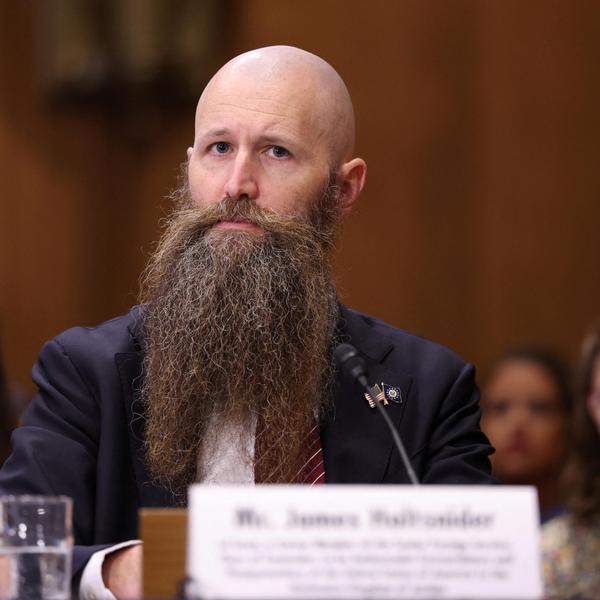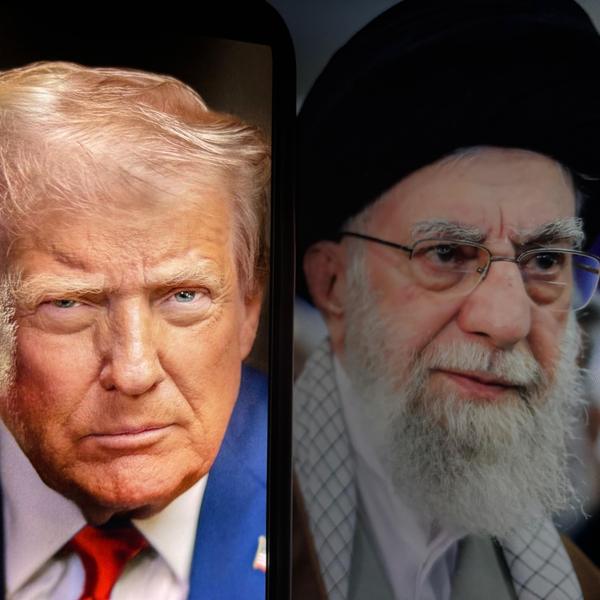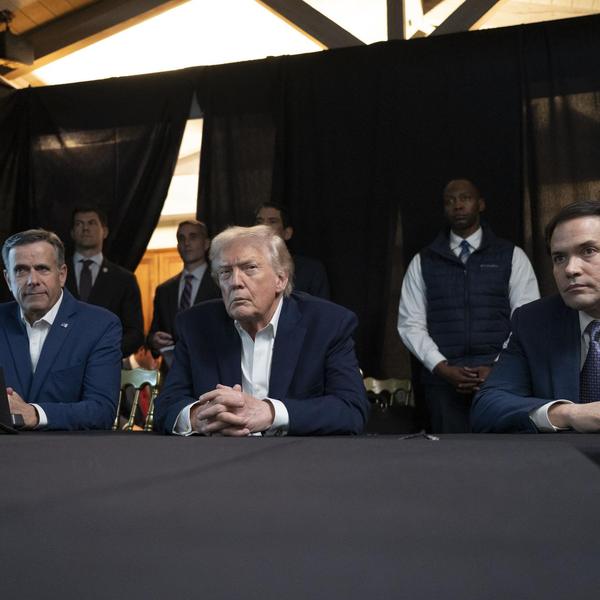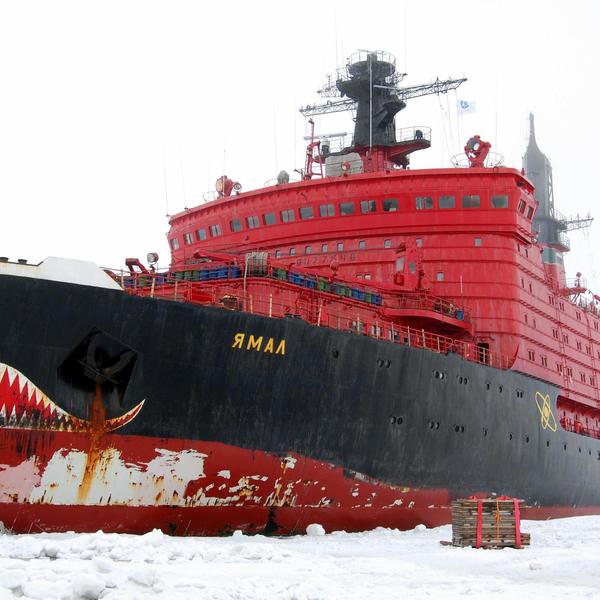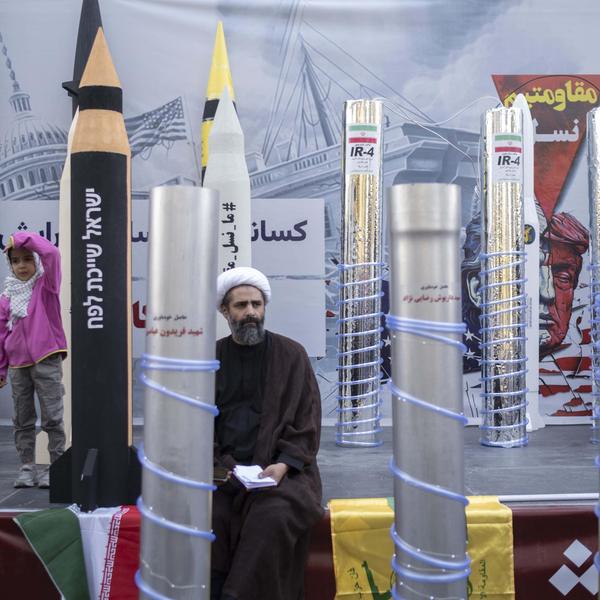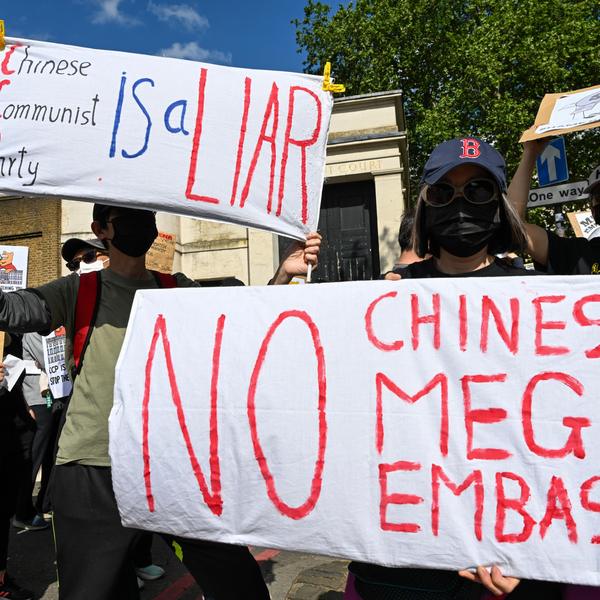Turkish President Recep Erdoğan projects the image of a supreme leader who is in total control of his country. He has also deployed Turkey’s soft and hard power to expand his influence in the Middle East, the Caucasus, and beyond. Western commentators, writers, and politicians, including President Trump, have bought into this image. They see Erdoğan as leading a rising regional power, determined to recreate a version of the Ottoman Empire. They call him the new Sultan of the Middle East.
Even though he didn’t coin the Sultan label, Erdoğan clearly enjoys the aura it creates.Most importantly, this sultanic shield has given him license to slide further into authoritarianism at home and take unilateral actions abroad. In doing so, he often acts in defiance of his Western partners, even though Turkey is a key member of the NATO alliance and a candidate member of the European Union. In addition to creating fissures within both of these Western institutions, his actions have entangled Turkey in very complicated and volatile conflicts among its neighbors.
Others’ perceptions and his own posturing notwithstanding, Erdoğan is actually going through one of the most difficult periods of his political life. He faces deteriorating economic conditions, growing political opposition, and a worsening coronavirus pandemic at home. Internationally, his unilateral forays into neighboring countries and beyond have isolated Turkey to a degree that has not been seen since the end of World War II.
None of these crises are likely to go away soon. If anything, they will probably get worse and may even turn into existential problems for Erdogan’s government. Ignoring them will be costly for Turkey and the region. Rather than focusing too much on Erdoğan and perpetuating the Sultanic façade for him to hide behind, Western policymakers should assess the country’s internal and external challenges in a less personalized way.
At the heart of Erdogan’s domestic difficulties is a rapidly deteriorating economy. The economic expansion that secured Erdogan and his party almost 20 years of electoral success was built on the availability of relatively cheap credit from abroad, which led to ever-mounting private and public debt. As long as foreign funds flowed in, structural problems were ignored, and the growing debt did not seem to be problem. Today, however, foreign credit is no longer available as easily and favorably. Furthermore, as the Turkish lira has lost 21 percent of its value this year, Turkey’s debt has become even more expensive in dollar terms. With the additional constraints of rising unemployment, declining internal demand, the worsening pandemic, and a sharp drop in tourism revenues, the Turkish economy appears to be heading toward a crash.
The political repercussions have been visible for some time. Today, three center-right and two center-left parties in Turkey are united in their opposition to Erdoğan and his party. While no single party is in a position to unseat Erdoğan, if they remain united, they would provide a formidable challenge to him. As a result of strategic alliances in the last local elections, four of the five largest cities, including Istanbul, Ankara, and Izmir, elected mayors belonging to the opposition Republican People’s Party. In addition, outside the parliament, there is a young and dynamic population increasingly alienated by Erdoğan’s authoritarian tendencies.
Taking advantage of the highly fluid conditions in the Middle East, Erdoğan has assumed an increasingly prominent role in Syria, Libya, the waters of Eastern Mediterranean, and most recently in the Caucasus. Erdoğan’s interest in northern Syria and Iraq also provides him with a distraction from his mounting domestic problems. He claims a strip of territory in northern Syria as a protective buffer zone to ward off attacks by militant Kurdish organizations and as a possible safe zone where some of the 3.5 million Syrian refugees who fled to Turkey during the civil war can be resettled. Today, northern Syria is a powder keg where Syrian government forces, various rebel groups, and Russian, U.S., and Turkish troops find themselves in a complex and highly charged standoff without a clear path forward.
In the Eastern Mediterranean, Turkey has been intent on extending its territorial waters at the expense of Greece and Cyprus. While legal control over these waters has never been settled, the three parties learned to live with this uncertainty over the decades since World War II. Recently, however, the discovery of natural gas deposits between the coasts of Cyprus and Egypt has increased the urgency of defining each state’s maritime boundaries. Turkey has claimed an area extending as far as 12 miles off its coast. It has declared an exclusive economic zone with the internationally recognized government of Libya and sent research vessels escorted by warships to conduct deep-water explorations of the area. In response, the United Arab Emirates, France, Egypt, Cyprus, Italy, Israel, and Jordan have entered into a series of overlapping agreements for their own collaboration in the exploration and marketing of the region’s natural gas — initiatives that have pointedly excluded Turkey.
Meanwhile, the recent rapprochement between Israel, the UAE, and Bahrain, with the implicit endorsement of Saudi Arabia, portends another realignment in the Middle East that leaves Turkey on the outside.
Erdogan’s response to these pressures has been to double down domestically and act even more aggressively abroad. As always the case in situations like this in Turkey, Kurds are once again the main target of especially repressive measures. The Turkish military has intensified its attacks on Kurdish settlements in the southeast and against Kurdish forces across the border in Syria and Iraq. Selahattin Demirtaş, the leader of the third largest bloc in parliament, the pro-Kurdish HDP, was stripped of his immunity and has been in prison since 2016. Of 65 municipalities won by the HDP in 2019, the mayors of all but 10 have been forcefully removed; 20 are under detention. Just last week, 20 prominent Kurdish intellectuals, journalists, and politicians were rounded up, and arrest warrants were issued for another 62 on charges of supporting the Kurdish insurgency in northern Syria six years ago.
While Erdoğan has contributed significantly to the deterioration of relations between Turkey and its Western allies, he could not have steered Turkey into such uncharted waters all by himself. Erdoğan’s blend of an increasingly Islamic and conservative ideology with Turkey’s already strong ethnic nationalism resonates with a substantial part of the Turkish electorate. Western policymakers interested in rebuilding ties and trust with Ankara must bear this in mind when considering their best approach to Turkey under Erdogan. Simply going back to the way things were before he became prime minister in 2002 will not solve anything.
Indeed, much of what the United States considers Erdogan’s problematic behavior is rooted in Washington’s treatment of Turkey over the last several generations. In the aftermath of World War II, U.S. policy toward Turkey was shaped primarily by the desire to contain the Soviet Union and shore up NATO’s southern flank. It was primarily a military alliance which, most of the time, left Turkey’s civilian governments in the dark.
In the five coups staged by the military since 1960, Washington never suspended military cooperation or expressed more than a perfunctory protest. These events and their aftermath were too often harsh and bloody events that undermined democratic and civilian institutions, set back liberal reforms, and persecuted and sometimes even executed key political, civil-society, and student activists and leaders.
During the Cold War, anti-communism provided a strong enough bond for the two countries to gloss over their underlying tensions, most notably over their strong and persistent differences over Cyprus. With the disappearance of the Soviet Union and Washington’s gradual loss of interest in the Middle East, Turkey has increasingly felt free to flex its muscles in pursuit of its own interests. The European Union’s inability to come up with a consistent policy toward Turkey and its failure to develop a humane policy toward Syrian refugees have served only to bolster distrust of the West.
Having replaced the military as the main actor in the formulation of Turkey’s foreign policy, Erdoğan believes, and with good reason, that his defiance of the United States and Europe reflects the sentiments of a substantial and broad spectrum of the Turkish people.
It is unrealistic to expect Turkey’s attitude to change under a different leader. In order to rebuild trust and make its alliance with Turkey a force for stability in the region, Washington will have to move away from seeing its military investments and arms sales as the main tool of its Turkey policy. Otherwise, the country and the region will become even less stable. Genuine support for civil, political, and human rights and a clear recognition that Turkey is much more than its military or its “Sultan” will be the most effective way to create goodwill and advance U.S. interests in Turkey and its neighborhood.


